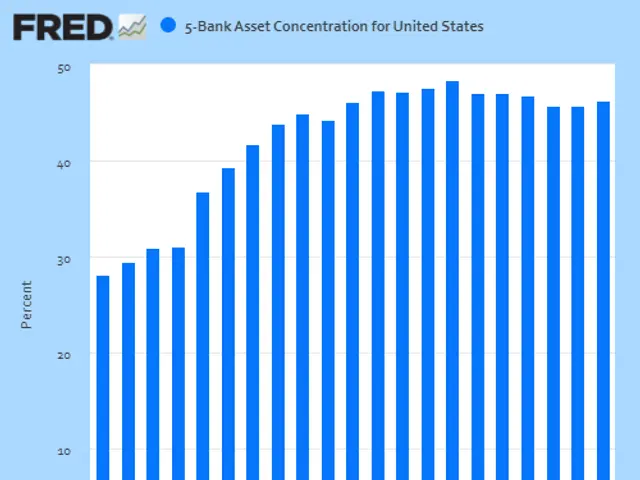Tornado Cash Removes Sanctions in Significant Policy Reversal
In a bold about-face that's stirring up a storm in the crypto world, the U.S. Department of the Treasury has decided to lift economic sanctions on Tornado Cash, the notorious cryptocurrency tumbler under fire since August 2022. This move comes almost three years after the Office of Foreign Assets Control (OFAC) slapped sanctions on the Ethereum-based service under Executive Order 13694.
Privacy enthusiasts and crypto developers have long argued that targeting code itself with sanctions is a slippery slope. They're jumping for joy now, as this decision signals a change in the wind for regulatory approaches to DeFi.
Sanctioning Tornado Cash – A Brief Recap
Tornado Cash provides a means for anonymous transactions by masking the origin, destination, and counterparties involved. This cloak-and-dagger service has found favor with cybercriminals involved in money laundering, especially in high-profile cyber heists.
OFAC sanctioned Tornado Cash for failing to impose effective controls that stopped malicious actors from laundering funds. The activities associated with mixing and laundering the money were perceived as a threat to U.S. national security, foreign policy, and economic stability, particularly when they concerned the theft of funds, trade secrets, personal data, or financial information for commercial gain or competitive advantage.
OFAC designated Tornado Cash due to its role in laundering over $455 million in cryptocurrency stolen by the Lazarus Group, a hacking organization suspected to have ties with North Korea. Tornado Cash mixed over $7.6 billion worth of Ether since its launch in 2019 up until 2022, with almost 30% of the funds sent through it linked to illicit actors.
The Court's Intervention – US Fifth Circuit Rules
The removal of sanctions follows a ruling by the U.S. Fifth Circuit Court in November 2024, which deemed OFAC's sanctions as overreach. Central to the court's decision was the determination that Tornado Cash's immutable smart contracts could not be classified as "property" under the International Emergency Economic Powers Act (IEEPA).
The court reasoned that with immutable smart contracts, "there is no person in control and thus 'no party with which to contract'," according to documents filed by the Treasury Department. This ruling creates a significant precedent for how decentralized protocols might be regulated, potentially restricting the government's ability to sanction code rather than individuals.
The Road Ahead – A Revolution in Regulation?
Treasury Secretary Scott Bessent emphasized that digital assets offer immense opportunities for innovation and growth. He acknowledges that preventing North Korea and other illicit actors from exploiting these opportunities is crucial to regaining U.S. leadership and enabling the American people to benefit from financial innovation and inclusion.
The decision suggests a potential shift in law enforcement's strategy, moving away from targeting platforms and focusing more on the individual actors exploiting them. This approach is already evident in cases against Tornado Cash co-founders and other key figures.
For the crypto industry, the delisting of Tornado Cash represents a double-edged sword. While it presents a potential opportunity for privacy-focused tools like Tornado Cash to operate without the chilling effect of sanctions, it also raises questions about controlling transactions with illicit actors. This development might force businesses to develop more sophisticated methods for identifying and preventing such transactions.
At the end of the day, regulators must find answers to the challenges presented by decentralized technology quickly. The risks are growing, and it's only a matter of time before they become unmanageable if left unaddressed. This historic decision to lift sanctions on Tornado Cash could pave the way for a new era in crypto regulation, balancing privacy, innovation, and security.
The U.S. Department of the Treasury, in light of a ruling by the U.S. Fifth Circuit Court in 2024, has decided to lift economic sanctions on Tornado Cash, acknowledging that immutable smart contracts used by the cryptocurrency tumbler cannot be classified as "property" under the International Emergency Economic Powers Act (IEEPA). This mix of sanctioning and lifting sanctions, along with the court's decision, is stirring up a storm in the crypto world and could signal a revolution in regulation, particularly in DeFi and digital asset spaces, as regulatory approaches may now favor targeting individual actors exploiting these platforms rather than the platforms themselves.








